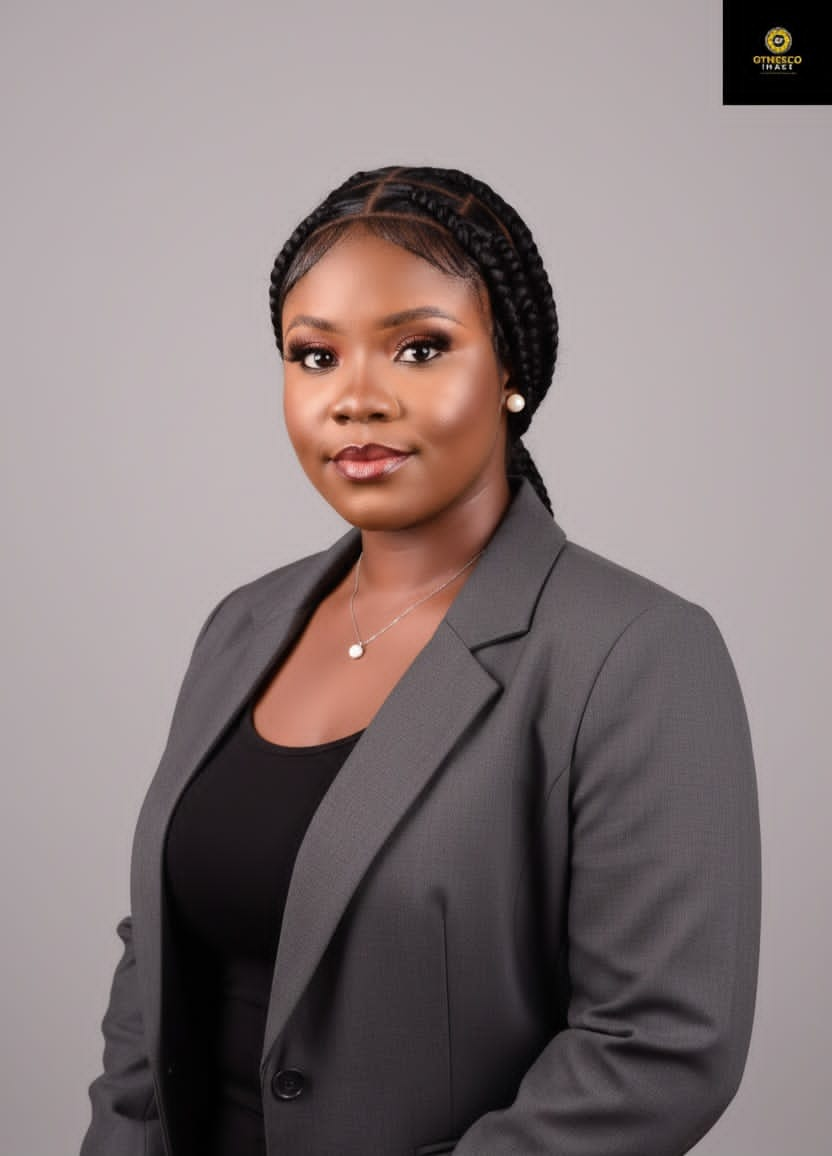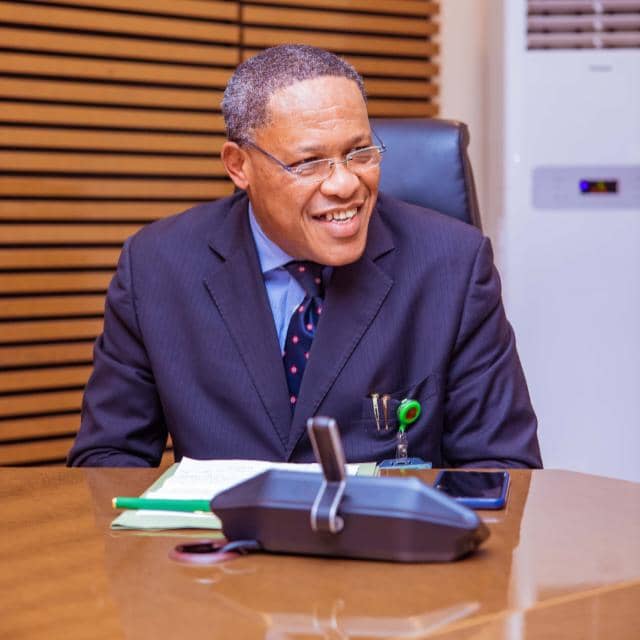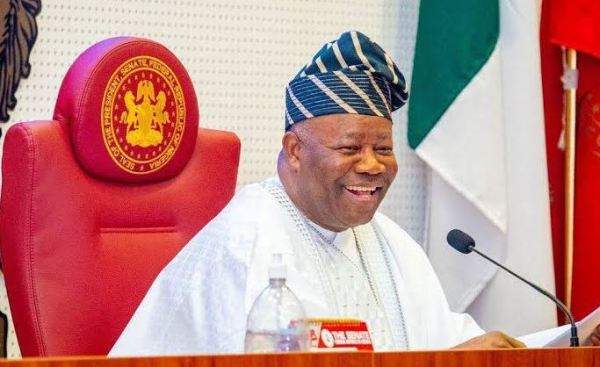Somtochukwu, Silenced, One Death Too Many: When a Nation Fails to Value

…Human Life
…Pointblank
By George Ozalla
My heart bleeds, my eyes are swollen, my voice is cracked, my head aches. I am totally dumbfounded getting the sad news of Somtochukwu’s tragic demise! But let’s get this fact embedded in our collective mindset that any nation that does not value human life cannot make much progress. The tragic death of Somtochukwu Christelle “Sommie” Maduagwu in Abuja yesterday, 29th September 2025, is a stark indictment of this truth. So sad, and indeed heartbreaking, that she had to go this way. And more tragic still that this is not an isolated case — over and again Nigerians have witnessed avoidable deaths because of a horrible emergency response system, sometimes a weak, overwhelmed, or compromising policing structure, and a national disposition that often treats crime reporting as an inconvenience rather than a civic duty. Too often, when citizens summon courage to report crime regardless of minor or serious, they are painted as wicked or troublemakers. The authorities themselves sometimes dilly-dally over reports, and when they eventually act, it is with half measures or they have compromised. In Nigeria, it is not unusual to hear that when the police really want to work, they work efficiently — but when they don’t, they drag their feet, and the result is drama, delay, and disillusionment.
Those who killed Somtochukwu likely did not start their day intending to become armed robbers or murderers. They probably started with what society dismisses as minor offences — a stolen phone here, a harassed commuter there, a petty fraud that nobody followed up. But these are the veritable seedlings upon which bigger crimes thrive. When both society and law enforcement downplay or dismiss misdemeanors, the perpetrators become emboldened to carry on, often even making mockery of the police. In most civilized countries, suspicious individuals are discreetly profiled, monitored, and often deterred before they can escalate to serious crimes. Authorities maintain proper databases of citizens, track repeat offenders, and apply preventive policing such as stern written warnings. But here in Nigeria, do we even know ourselves? Do we know our neighbors? Do we have any true identity system that categorizes Nigerians and separates law-abiding citizens from those on a dangerous path to causing chaos? The truth is, anyone can slip into Nigeria through porous borders, bribe their way to acquire a Nigerian passport, and vanish into anonymity.
The state of crime in Nigeria points to this danger. According to the National Bureau of Statistics, the country recorded over 51,000 crime cases between May 2023 and April 2024. In the Federal Capital Territory alone, 1,426 crime cases were reported in 2024 — including 104 kidnappings, 268 armed robberies, and 385 fraud-related offences. Yet only about 25.7 percent of victims report crimes to the police, and even then, satisfaction with the response is low. Most citizens often say that calling the police is a waste of time unless one has influence, recognition, or reward to offer. For the average Nigerian, especially the poor and voiceless, justice is delayed — or denied outright.
What makes this worse is that even when victims survive the initial attack, the medical system also fails them. Somtochukwu was still alive when she was taken to the hospital. But instead of swift life-saving intervention, she was met with the all-too-familiar Nigerian hospital culture: endless documentation, unnecessary delays, and poor emergency response. Take for instance, in Lagos and Abuja, average ambulance response time is 45 minutes to over an hour, compared to 8 to 10 minutes in many developed countries. Over 92 percent of emergency patients in Nigeria arrive at hospitals without pre-hospital care or ambulance transport. In essence, many victims who could have lived simply bleed out or suffocate in transit or waiting rooms.
In other nations, the contrast is stark. In the United Kingdom, for instance, citizens know the difference between 999 for emergencies and 101 for non-emergencies. All calls are logged, and priority is given to incidents that threaten life. Police aim to respond to the most urgent within minutes. Ambulances, fire services, and police coordinate through central control rooms so that response is fast and unified. Community policing ensures that officers are visible and familiar in neighborhoods, and citizens are encouraged to report even minor offences. Every crime is documented. Every life is treated as valuable. By contrast, in Nigeria, reporting a threat to life may attract mockery or neglect. When gospel preachers or latter-day peacemakers tell victims to forgive and move on while perpetrators remain free, it only emboldens offenders. Of course, in some cases there may be room for forgiveness, and there are instances where courts temper justice with mercy, but the offender must first show personal remorse — never with someone pleading on their behalf. Anyone who can steal a penny can steal many more. Anyone who threatens to smash someone’s head with a bottle, anyone who threatens to kill someone, may eventually carry out those threats. Even if not done to the initial person targeted, it could be unleashed on another because the threat issuer was never restrained ab initio.
The killing of Somtochukwu raises bigger questions: who are we as Nigerians? Do we even know ourselves as a nation? Without proper profiling, without secure borders, without robust citizen identification, Nigeria will continue to harbor both law-abiding citizens and dangerous strangers indistinguishably. National identity is not just about passports or census figures. It is about accountability — knowing who is who, who has committed crimes before, who needs to be monitored. Without this, we are left exposed.
Martin Luther King Jr. once said that “an individual has not started living until he can rise above the narrow confines of his individualistic concerns to the broader concerns of all humanity.” We Nigerians must embrace this truth. It is no longer enough to grumble about insecurity or healthcare failures in private. We have a collective responsibility to observe, to listen, and above all, to act — and not just to act, but to act in time. We must demand reforms, hold authorities accountable, and refuse to normalize failure.
Somtochukwu Christelle Maduagwu was born 26 December 1995 to the Maduagwu family of Anambra State in southeast Nigeria. She was born in London, England, grew up in Port Harcourt in the oil-rich south-south, but made her home as a legal executive, producer, reporter, and voice for justice. A trained lawyer who studied abroad, she had worked as a junior counsel and legal executive before turning to journalism. She joined Arise News in Abuja, where her work touched on legal issues, gender equality, women’s rights, and the impact of non-governmental bodies. She was also first runner-up in Miss Tourism Nigeria 2023, known for her strong advocacies, professionalism, eloquence, warmth, and generosity of spirit. Friends, colleagues, and viewers remember her as someone who carried others along, who laughed easily, who made serious issues feel human, who believed in telling truth. She still had so much to give, but her life was cut short — not only by the bullet of criminals, but also by a system that failed to protect her and failed to save her.
Her death is not just the loss of a promising life, but a mirror held up to Nigeria, showing a system broken on all fronts — security, healthcare, governance, and citizen responsibility. It is one death too many in the heart of Abuja, but unless decisive changes are made, it will not be the last. In remembering Somtochukwu Christelle “Sommie” Maduagwu, we also identify with countless other victims who are killed daily across Nigeria in one way or another, including the security operatives who lay down their lives in the line of duty. If Nigeria cannot protect the life of one citizen, then the life of every citizen is at risk. Because at the end of the day, a nation that does not value human life has lost the very foundation upon which true progress is built.
Publisher & Editor-in-Chief, NEWSCOUNT





